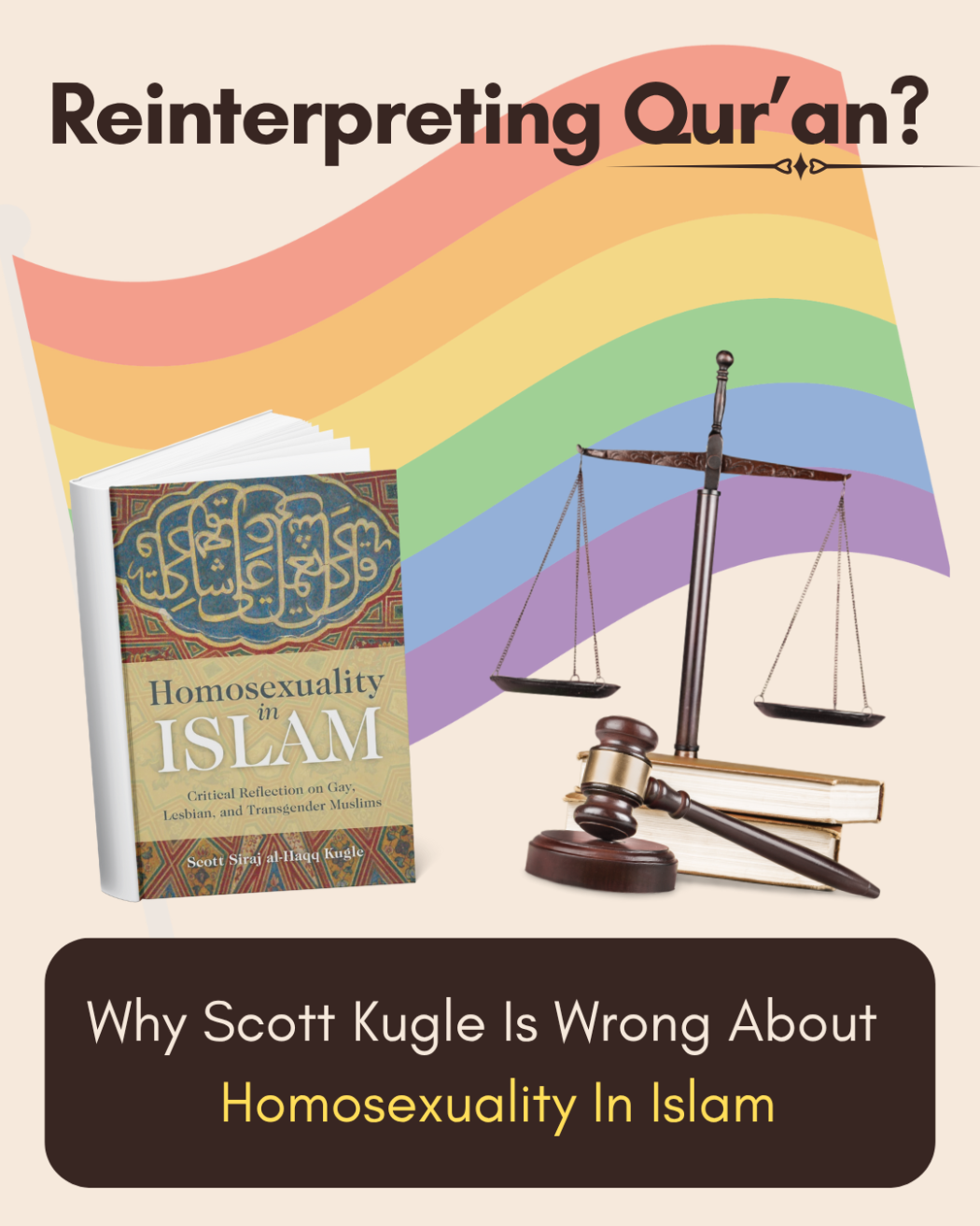What is obligatory regarding the texts of the Qur’an and Sunnah in relation to Allah’s names and attributes.
All praise is due to Allah; we praise Him; seek His help and ask His forgiveness. We seek refuge in Allah from the evil of our souls and our deeds, for whomever Allah has guided, none can lead astray, and whomever Allah has allowed to go astray, none can guide. I bear witness that there is no God worthy of worship besides Allah, who is alone without a partner, and I bear witness that Muhammad is His slave and Messenger.
﷽
Rule Number One
It is obligatory to keep the implications of names and attributes in accordance with their obvious meanings without any change because Allah revealed the Qur’an in clear Arabic, and the Prophet (ﷺ ) spoke the Arabic language. Therefore, it is obligatory to keep the implications of the statements of Allah (ﷻ) and His Messenger (ﷺ) in accordance with their linguistic meanings because changing them from their obvious meanings would be speaking about Allah without knowledge which is forbidden, as Allah (ﷻ) stated:
Say (O Muhammad ﷺ ): “(But) the things that my Lord has indeed forbidden are Al-Fawâhish (great evil sins, every kind of unlawful sexual intercourse,) whether committed openly or secretly, sins (of all kinds), unrighteous oppression, joining partners (in worship) with Allâh for which He has given no authority, and saying things about Allâh of which you have no knowledge.” [Surah al-A’raaf : 33]
An example of this can be found in the verse:
”Nay, both His Hands are widely outstretched. He spends (of His Bounty) as He wills.” [Surah al-Maa’idah : 64]
Bal yadāhu mabsūṭatāni yunfiqu kayfa yashā’u
(٦٤) بَلۡ يَدَاهُ مَبۡسُوطَتَانِ يُنفِقُ كَيۡفَ يَشَآءُۚ
The obvious meaning of the verse is that Allah (ﷻ) has two real hands. Therefore, this must be confirmed. If someone said that the intended meaning for “two hands” is “power”, it would be said to him that he has diverted words from their obvious meaning, which is not permissible, because it is a form of speaking about Allah (ﷻ) without knowledge.
The Bottom Line
Preserve the Clear Meaning: Allah’s names and attributes must be understood in their clear and obvious linguistic Arabic meanings, as altering them is a form of speaking about Allah without knowledge.
Prohibition of Speculation: Speaking about Allah without knowledge is forbidden, as stated in Surah al-A’raaf (7:33): “And saying things about Allâh of which you have no knowledge.”
Example of Allah’s Hands: The verse “Nay, both His Hands are widely outstretched” (Surah al-Maa’idah 5:64) affirms Allah has real hands. Interpreting “hands” as “power” is an impermissible distortion of the intended meaning.
Relevance of Arabic: The Qur’an and the Prophet’s (ﷺ) words are in clear Arabic, so Allah’s names and attributes must align with their natural linguistic meanings.
Conclusion: We must understand Allah’s names and attributes as they are clearly mentioned in the Qur’an and Sunnah, without changing their meanings, to stay true to the teachings of Islam.
Bibliography and History of the sources
ابن قيم الجوزية | Lumu’at-ul-I’tiqaad | The Radiance of Faith by Ibn Qudamah al-Maqdisi
1373: Dated handwritten manuscript by ‘Umar ibn Ghaazee ‘Alee al-Maqdisee al-Hambalee.
1919: Published by at-Taraqqee Press, Damascus.
1972: Shaykh Al-‘Uthaymeen’s commentary was published.
1983: Introduced in first year high school curriculum of the religious institutes (al-Ma‘aahid al- ‘Ilmiyyah) in Saudi Arabia.
1995: Third edition of Al-‘Uthaymeen’s commentary edited by Ashraf ibn ‘Abdil-Maqsood is published and used ‘Aqeedah and Manhaj classes at the Abu Hurayrah Mosque in Sharjah, UAE.
2002: Radiance of Faith Leading to The Path of Guidance – a commentary by Dr. Abu Ameenah Bilal Philips, used in ‘Aqeedah II course of the BA in Islamic Studies program, Preston University, Ajman, UAE.Interpretation of the Meaning of the Noble Qur’an in the English Language by Dr. Muhammad Muhsin Khan | Dr. Muhammad Taqi-ud-Din Al-Hil










 Allah’s Names and Attributes: Main Rules 2/4
Allah’s Names and Attributes: Main Rules 2/4 The Rights of Allah over people
The Rights of Allah over people









